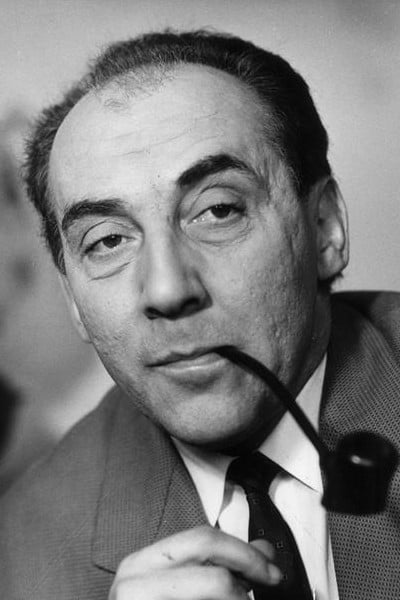
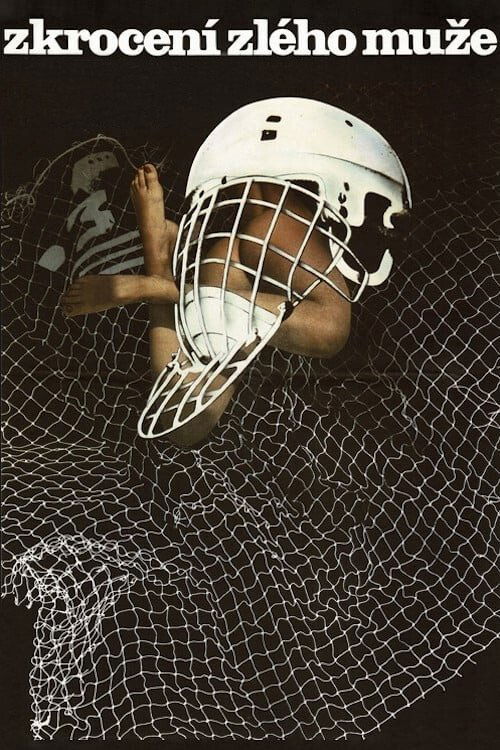
Tereza lives and works in Prague. She meets a handsome man, Tommie, speaking in a language incomprehensible to her. It seems that he is the manager of the Finnish ice hockey team. A love story starts to blossom. When the coach of the Czech ice hockey team tries to use Tereza to retrieve information about the strategy of the Finnish team, Tommie leaves Tereza. Will Tereza be able to clear up this misunderstanding?
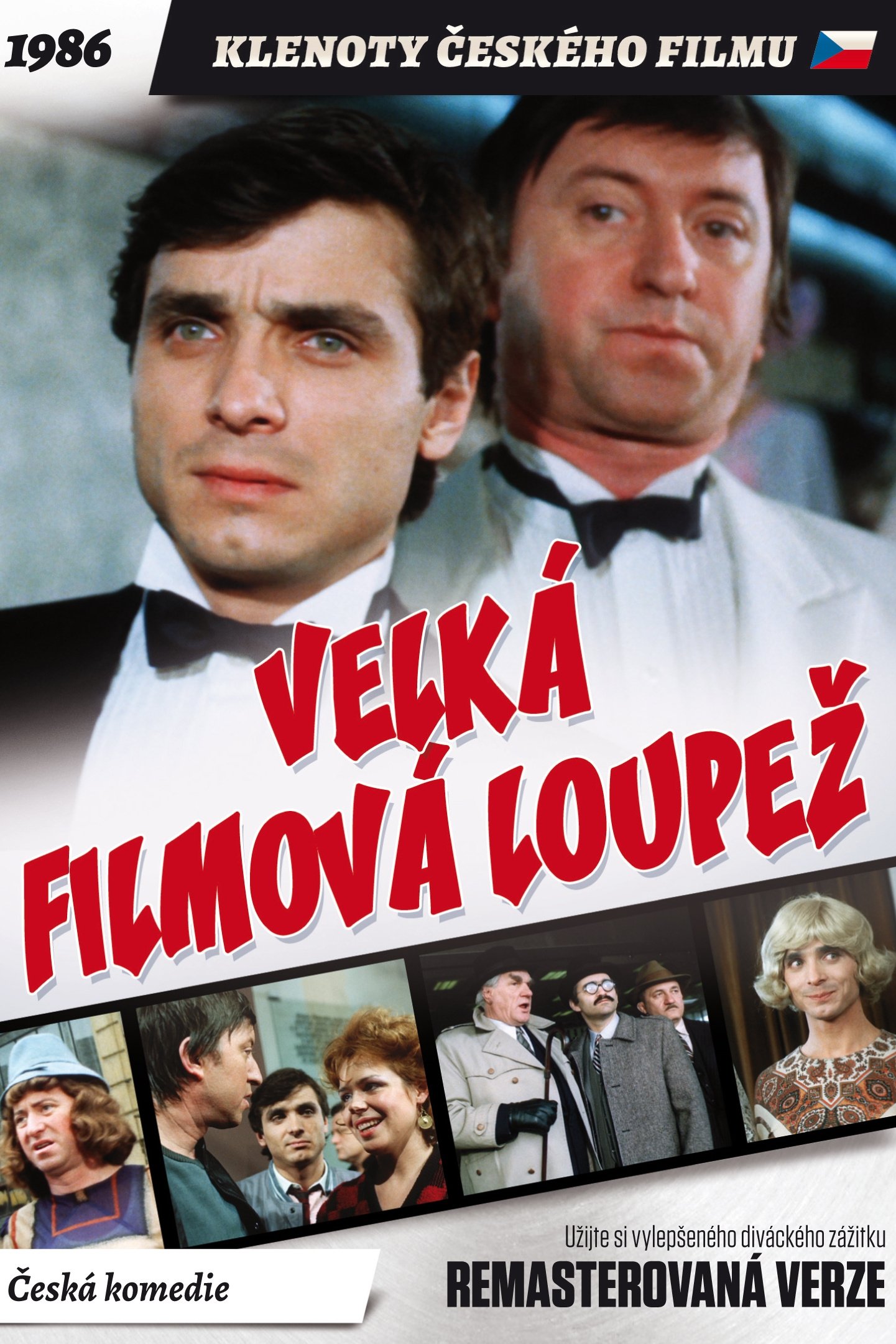
The film is essentially a feature-length commercial for an exhibition to mark the 40th anniversary of the nationalisation of the Czechoslovak film industry, to be held at the Prague U Hybernu venue. The protagonists of the piece are comedians Oldrich Kaiser and Jirí Lábus, who are set to accept an award from Japanese television representatives at the exhibition. At the same time, five gangsters plot to seize a revolutionary invention devised by professor Suzuki - a super holograph, which enables any figure from television to be transported in the flesh into the real world, and vice-versa.
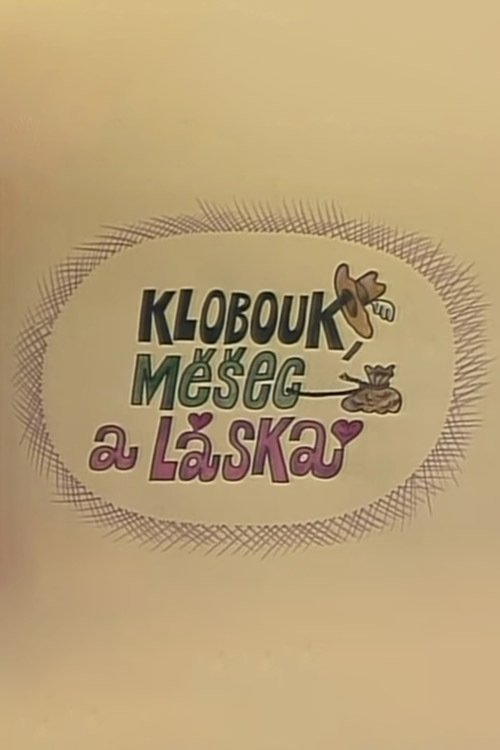
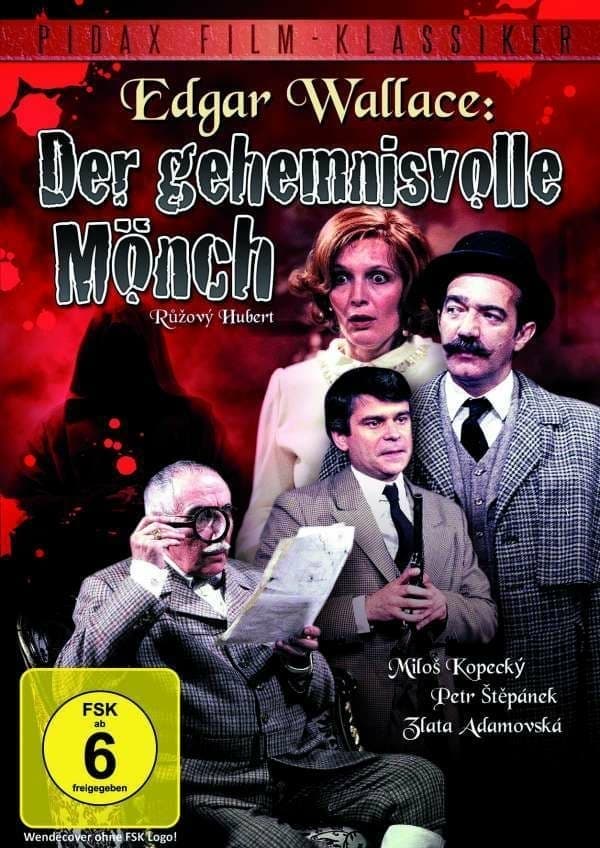
Miloš Kopecký was a Czech actor, active mainly in the second half of the 20th century. He was born into the family of craftsmen, Kopecký was involved with music and theater throughout his entire life. Starting on stage in 1939, as a member of an amateur elocution group, Kopecký performed with numerous young artists during the German occupation of then Czechoslovakia. Near the end of World War II, Kopecký’s mother was murdered at the Auschwitz concentration camp for her Jewish heritage, while Miloš was interned in the labor camp Bystřice u Benešova. He would later credit these experiences as the cause for his struggle with Bipolar Disorder, then known as Manic-Depressive Disease. Following the liberation, Kopecký began acting in the avant-garde studio Větrník in 1945, before joining the Vinohrady Theatre in 1965 at the behest of then-director František Pavlíček. Kopecký continued to make guest appearances at theaters throughout Prague, working with many notable actors of his era before appearing on film and television. His first minor role was in the historic film Jan Roháč z Dubé (1947), but he quickly graduated to more important characters and gradually became one of the most popular actors in Czechoslovakia. He may be best known today as Dr. Štrosmajer in the Czech television series Nemocnice na kraji města. During his career he played mainly negative roles of traitors, lechers, and villain, which he famously depicted with elegance and esprit. In the mid-1980s Kopecký acted in a politically biased documentary film about emigrants, and also presented very critical speech against current communist régimes in May, 1987, at the Fourth Congress of Dramatic Artists. He was married five times, at one point to Czech actress Stella Zázvorková.
By browsing this website, you accept our cookies policy.